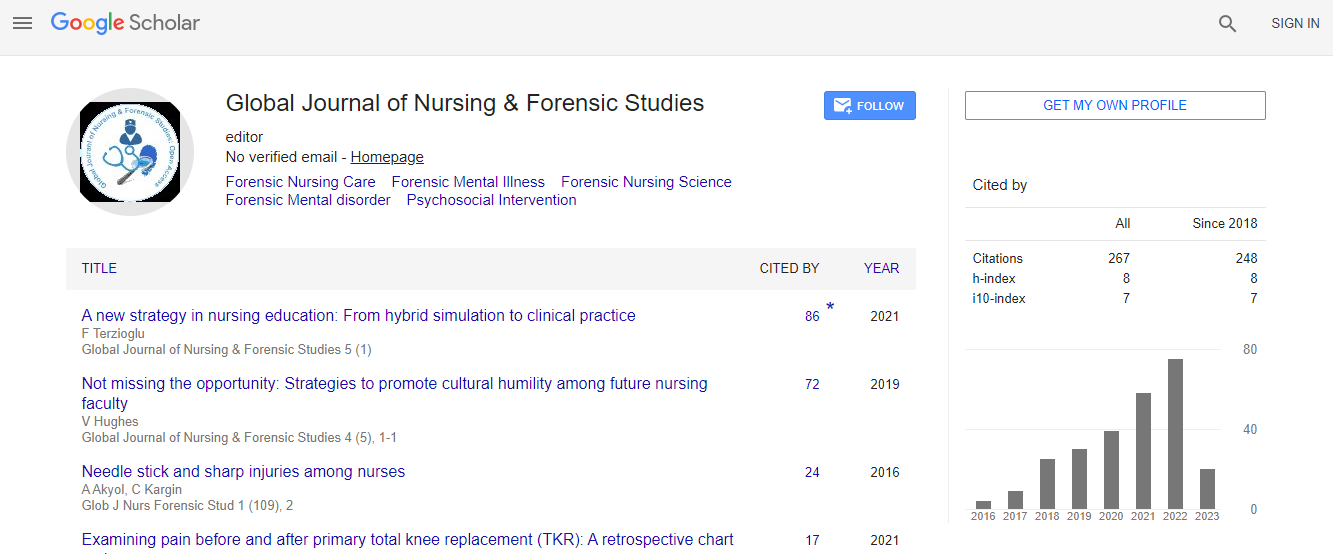Factors affecting readiness for hospital discharge and the relationship with chronic disease self-efficacy in depression patients
Abstract
Aims and objectives: To evaluate the factors affecting readiness for hospital discharge (RHD) and the relationship with chronic disease self-efficacy in depression patients.
Background: Depression is a disease that requires long-term management, high suicide rate, high recurrence rate, and heavy disease burden. High rate of relapse causes serious mental and economic burden. Evaluation of RHD in terms of patient safety is important.
Design: Descriptive and cross-sectional study.
Methods: The study was carried out with 370 depression patients who were scheduled to be discharged within 2 days in China between October 2016 -August 2017. The Readiness for Hospital Discharge Scale (RHDS), Quality of discharge teaching scale (QDTS) and Chronic Disease Self-Efficacy Scale were used.
Results: The mean scores for RHDS was found as 169.46(SD: 33.45). Pearson correlation analysis showed that there was a significant positive correlation among RHD, QDT and chronic disease self-efficacy in depression patients. Multiple linear regression analysis showed that the duration of disease, QDTS, and chronic disease self-efficacy had an impact on the discharge readiness score of patients with depression.
Conclusions: Findings provide vital information that can inform nursing clinical practice, especially related to readiness for discharge protocols and developing strategies for depression patients, who stayed in hospital for a long time ,had long duration of disease and low self-efficacy.
Relevance to Clinical Practice: The depression patients face with difficulties on their own when discharge takes place. Providing discharge teaching plays an important role for depression patients

 Spanish
Spanish  Chinese
Chinese  Russian
Russian  German
German  French
French  Japanese
Japanese  Portuguese
Portuguese  Hindi
Hindi 